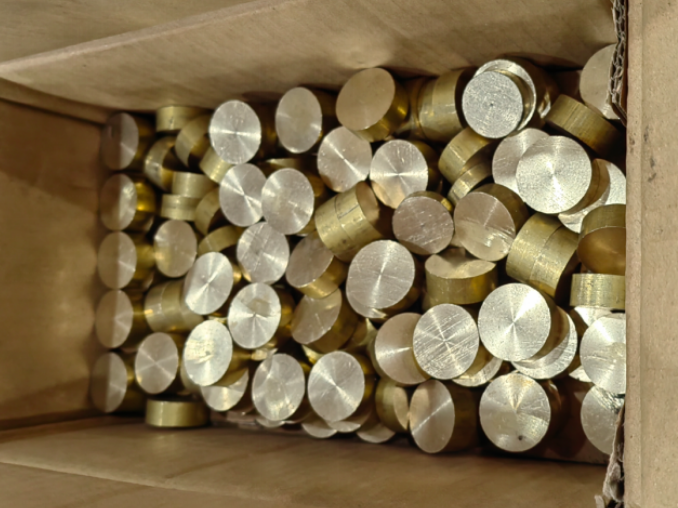Billet and Bar Induction Forging Machine: A Simple Guide
June 15, 2024
Induction heating ensures a constant workpiece temperature. Uniform, consistently short cycle times can be achieved. The temperature can also be raised very quickly, since there is no need for slow adjustments as with conventional furnace technology. Clean induction heating considerably reduces scale formation and surface decarburisation. That means high surface quality and low rework effort. It also increases the service life of forging tools. The combination of a short heating section, short start-up times and synchronised operation yields high production performance.
Along with fast and precise heat input, the advantages of induction technology include emptying with an emptying device and automatic zone shutdown, so that even the last piece in the material feed can be forged. That way no valuable energy is wasted, for example during tool or program changes. In this case, conventional furnaces must be operated in idle mode at reduced power, which has a negative impact on the energy balance.
Billet and bar induction forging machines are used to heat metal bars and billets to a temperature where they can be easily shaped or molded into a desired shape. The process is done using an induction heating system that heats the metal bars and billets quickly and uniformly. The heated metal is then placed into a forging press where it is shaped into the desired form. This process is utilized in many industries, including automotive, aerospace, and construction.

Induction forging has several advantages over traditional forging technologies. Induction heating can heat metal to its forging temperature much faster than traditional methods, such as gas or electric furnaces, leading to significant productivity gains. Another primary advantage of an induction forge is the non-contact heating. Since the heat transfers through electromagnetic waves, there is no direct exposure to danger. Unlike a hot furnace, induction heating has a controlled heating area. Additionally, induction forging emits less pollution compared to standard heating techniques like gas or electric furnaces.
Induction forging is widely used in the metal and foundry industries to heat billets, bars, and bar ends. Metals typically forged with induction systems include aluminum, brass, copper, steel, and stainless steel. Induction forging requires a compressive force applied to metal in hot, warm, or cold states. Billet and bar induction forging machines are used in many industries, including automotive, aerospace, and construction.
The induction forging temperature varies depending on the material being forged. Here are the temperatures required for different materials:
- Aluminum: 700-800°C
- Brass: 800-900°C
- Copper: 900-1000°C
- Steel: 1100-1250°C
- Stainless Steel: 1200-1300°C
When selecting an induction forging machine, consider the following factors:
1. The type of material you'll be forging.
2. The size of the material you'll be forging.
3. The production rate you need.
4. The level of automation you require.
5. The precision level you need.
There are various types of induction forging machines available, each with unique features and capabilities. Some are ideal for high-volume production, while others are better suited for low-volume or custom applications.
Thanks for reading the billet and bar induction forging machine article, I hope to share more with you regarding our induction forging furnace system. Contact us for now!
Hot Products
Contact Us
Enquiry hotline:
+86 135 4128 7190
Email:
Address:
No.18,14th Floor, Building 2, No. 169 Zhongli Road, Banzhuyuan Subdistrict, Xindu District, Chengdu, Sichuan, China, Code:610000
